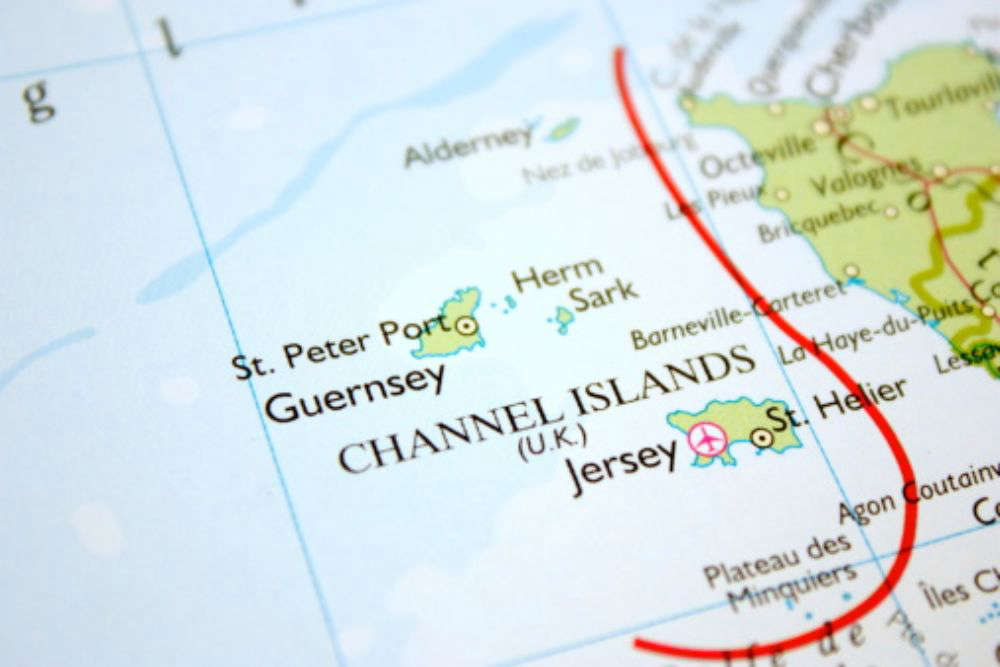
Guernsey, Jersey, Alderney and Sark will be involved in a four-year pollinator research programme.
Guernsey-born Dr Miranda Bane is collaborating with the Pollinator Project and the University of Bristol to investigate the impact insect numbers have on the food chain and the wider ecosystem.
Her programme has secured a million pounds of funding from the Natural Environment Research Council (NERC) UK.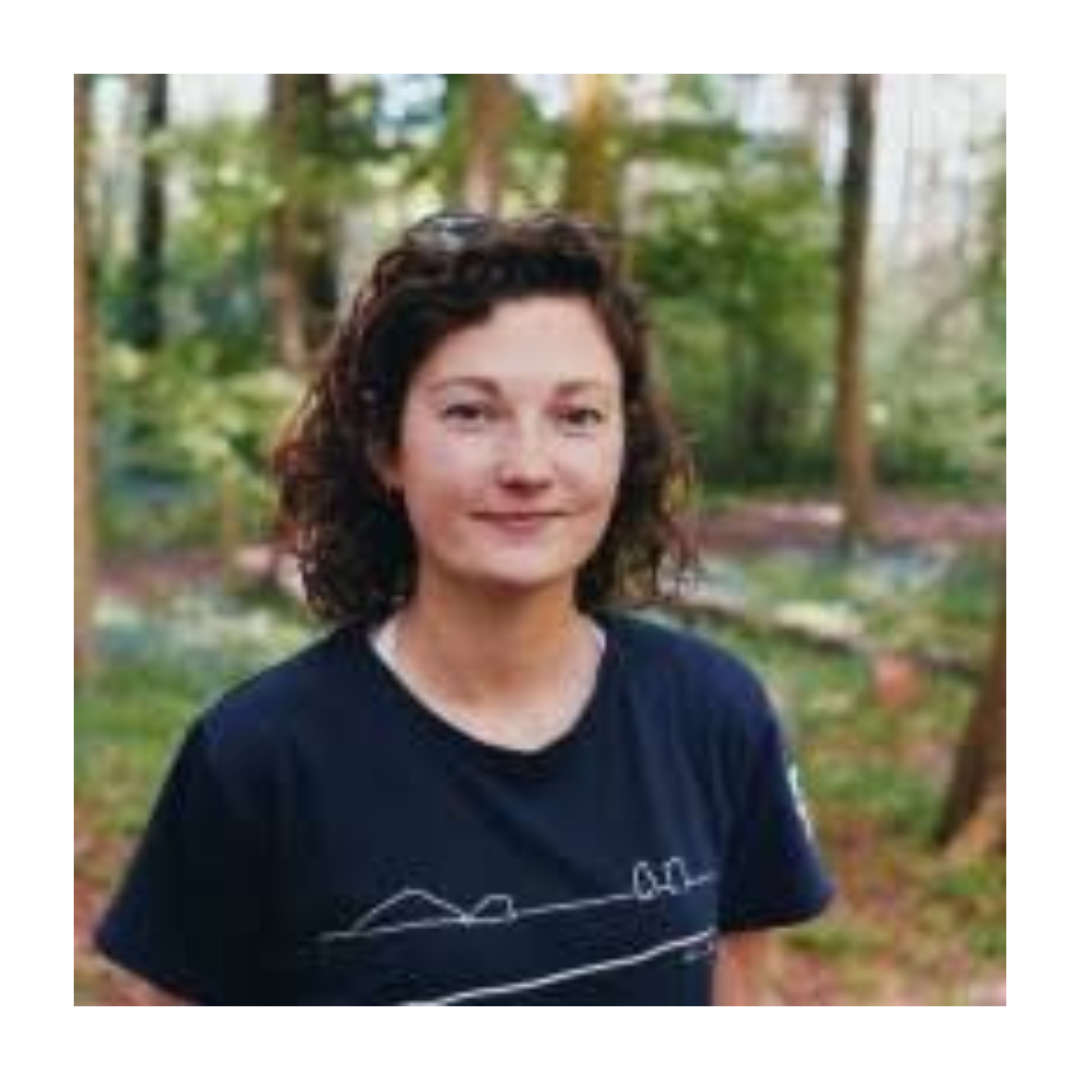
She explains why it is useful to gather data from islands:
"From a research perspective, they are a fantastic place to carry out environmental research of this kind, because islands have specified boundaries, and the fact that we can compare across four similar islands makes it even better.
Personally, I grew up in the Channel Islands, and I have a great love for them."
She says local laws - including a ban on the domestic use of glysophate in Guernsey - could influence the global opinion on pesticides:
"We have in Guernsey a situation where we are moving towards reduced pesticide use. We saw the domestic glyphosate ban come in last year.
It's a really exciting project because people won't be seeing this type of data coming through anywhere else.
It would be amazing if we could lead, and show the rest of the world best practice and what we can do to recover pollinators."
She says preserving bee, moth, butterfly, and beetle populations is essential, as they decline globally:
"Pollinators are completely vital for human survival, they allow the fertilisation of plants, so without them, we would lose fruits and vegetables.
They also, by fertilising plants, are engineering the whole ecosystem - they make it resilient."
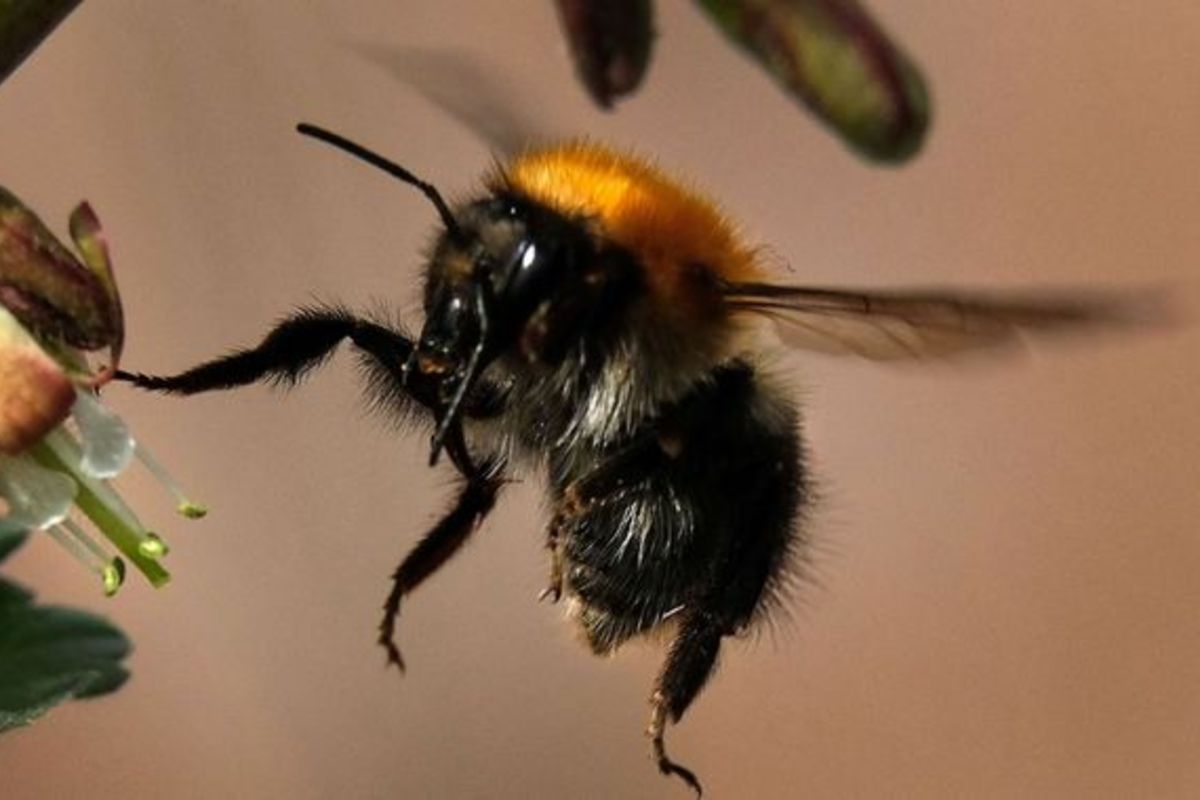
Teams of citizen scientists led by Miranda have been collecting baseline data on the islands since 2019.
The funding will allow the full fieldwork programme to be undertaken, including pollinator DNA analysis and testing for the presence of pesticides in pollinators in a world-class Canadian laboratory.
Dr Banes says the programme will leave a legacy of a CI pollinator DNA library and a reference collection of hundreds of species to help to inform best practice conservation to help recover our local pollinator populations.


 New woodland for Alderney's 80th Homecoming
New woodland for Alderney's 80th Homecoming
 Guernsey States 'in talks' with easyJet
Guernsey States 'in talks' with easyJet
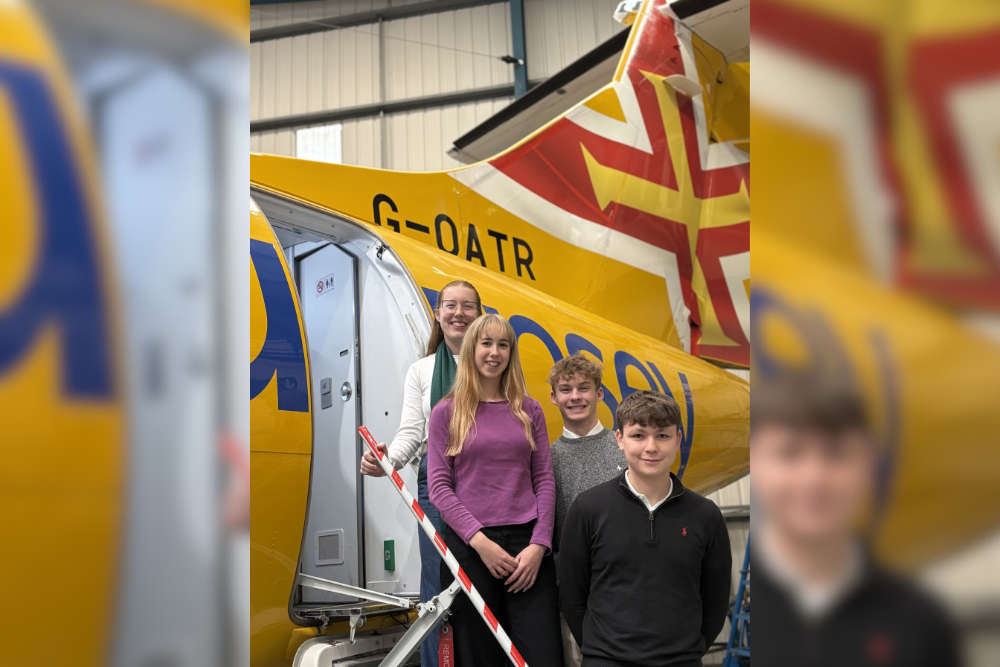 Guernsey's airline Aurigny takes on six new First Officers
Guernsey's airline Aurigny takes on six new First Officers
 Call for more transparency over Guernsey Electricity's charges
Call for more transparency over Guernsey Electricity's charges
 Guernsey Police investigate 'unexplained death' in St Peter Port
Guernsey Police investigate 'unexplained death' in St Peter Port
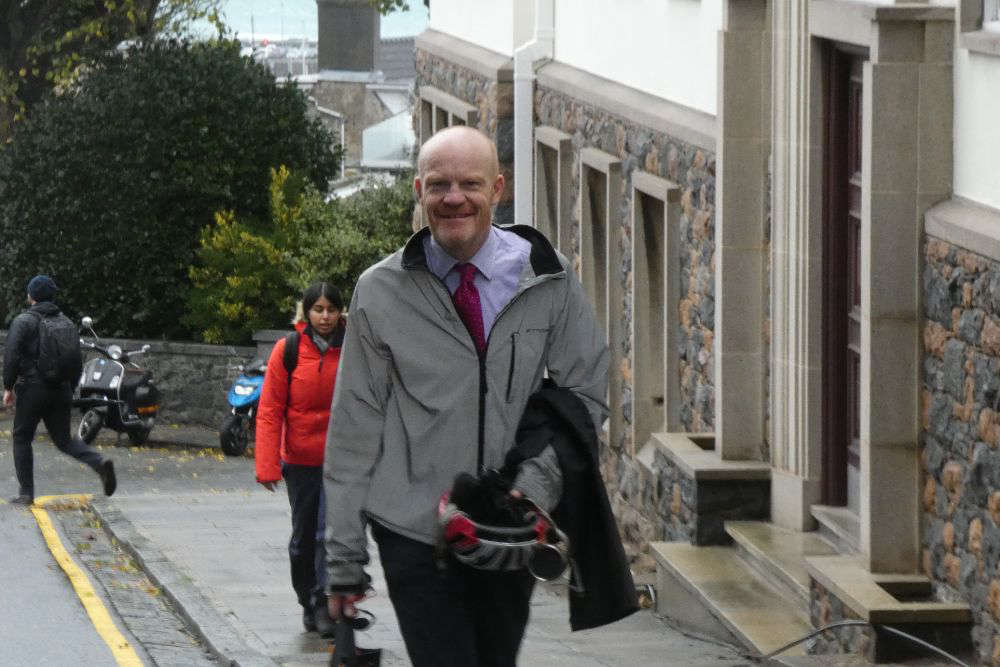 Senior Guernsey politician to stay on committee during police investigation
Senior Guernsey politician to stay on committee during police investigation
 Iconic Guernsey restaurant to close before Christmas
Iconic Guernsey restaurant to close before Christmas
 Protected status of Guernsey bunker changed by planners
Protected status of Guernsey bunker changed by planners




